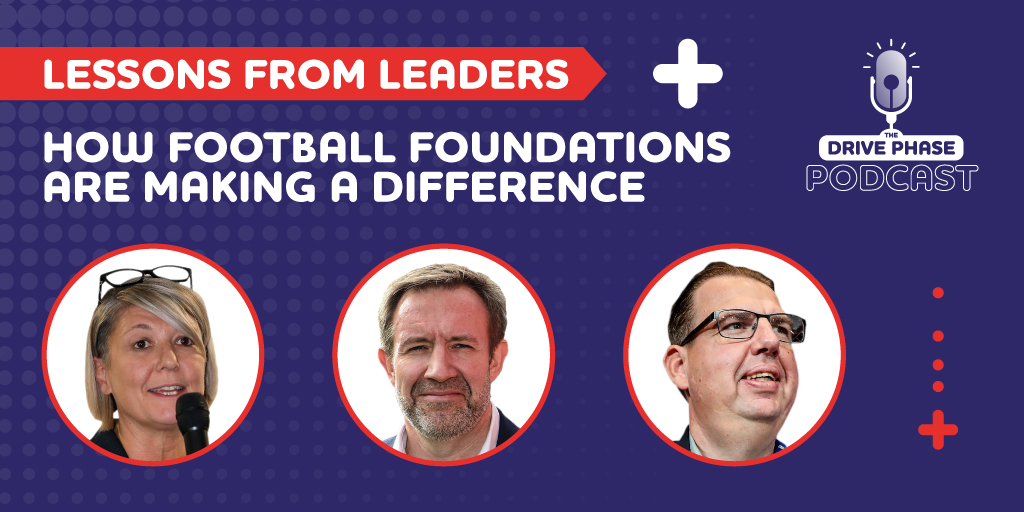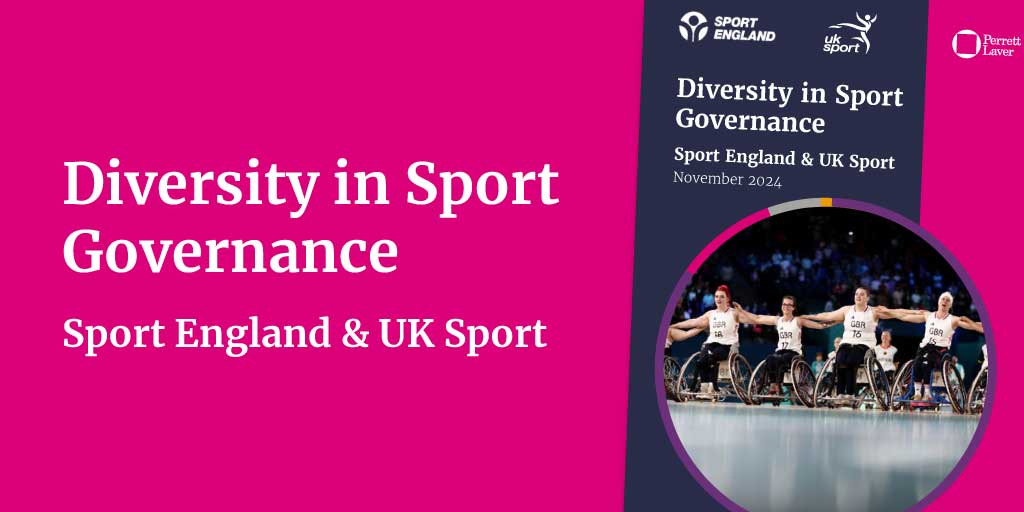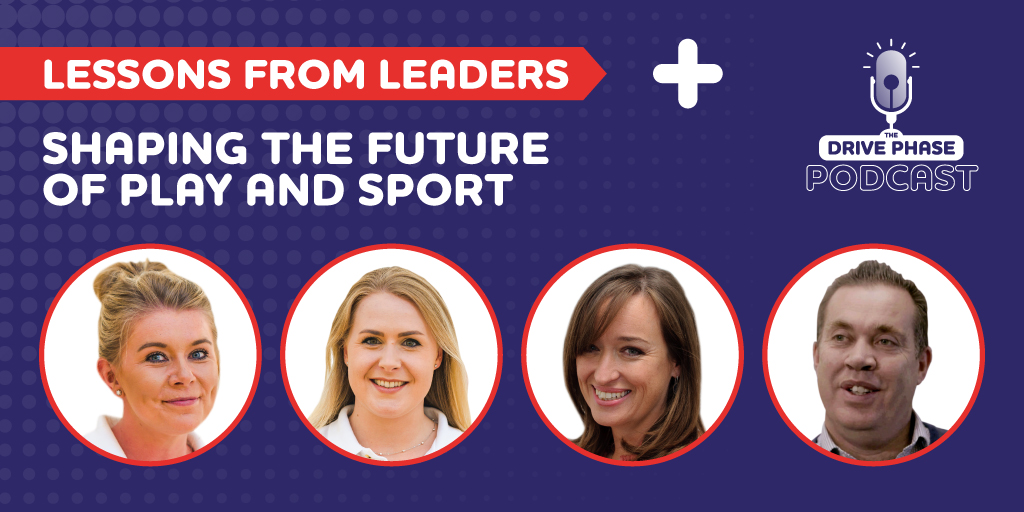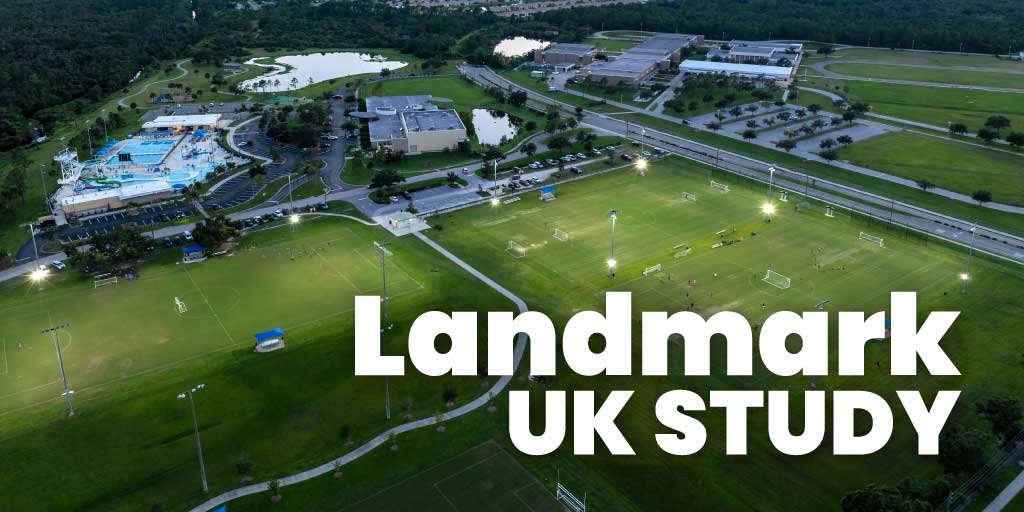Sports and football foundations play a pivotal role in empowering local communities by leveraging the universal appeal and benefits of sports. These organizations can drive social change, enhance community cohesion, and foster individual development through various strategic initiatives.
With their unique capacity and stories, The Drive Phase has welcomed several foundations and sports programs that use their platform to empower their communities. Here are some ways in which sports foundations can empower their local communities:
Creating community-led sports programmes
One effective approach is to develop community-led sports programmes. These initiatives are tailored to the specific needs and strengths of the local community, ensuring that they are relevant and impactful.
Badu Sports in East London has successfully integrated local resources and voices to shape their physical education programmes, focusing on uncovering and nurturing children’s talents rather than adhering to traditional age-based groupings. It addresses local challenges and empowers the community by involving them directly in the development and execution of the programmes.
Using a global brand to create local solutions
Matt Parish, CEO of LFC, has a distinct challenge in taking a globally recognized team and using the awareness of the brand to push the aims of the foundation, not just as an international project but as a local one in an area whose population often experience city-wide deprivation. LFC boasts more than 300 officially affiliated local sports clubs across the world.
→ Matt Parish – Local and global impact
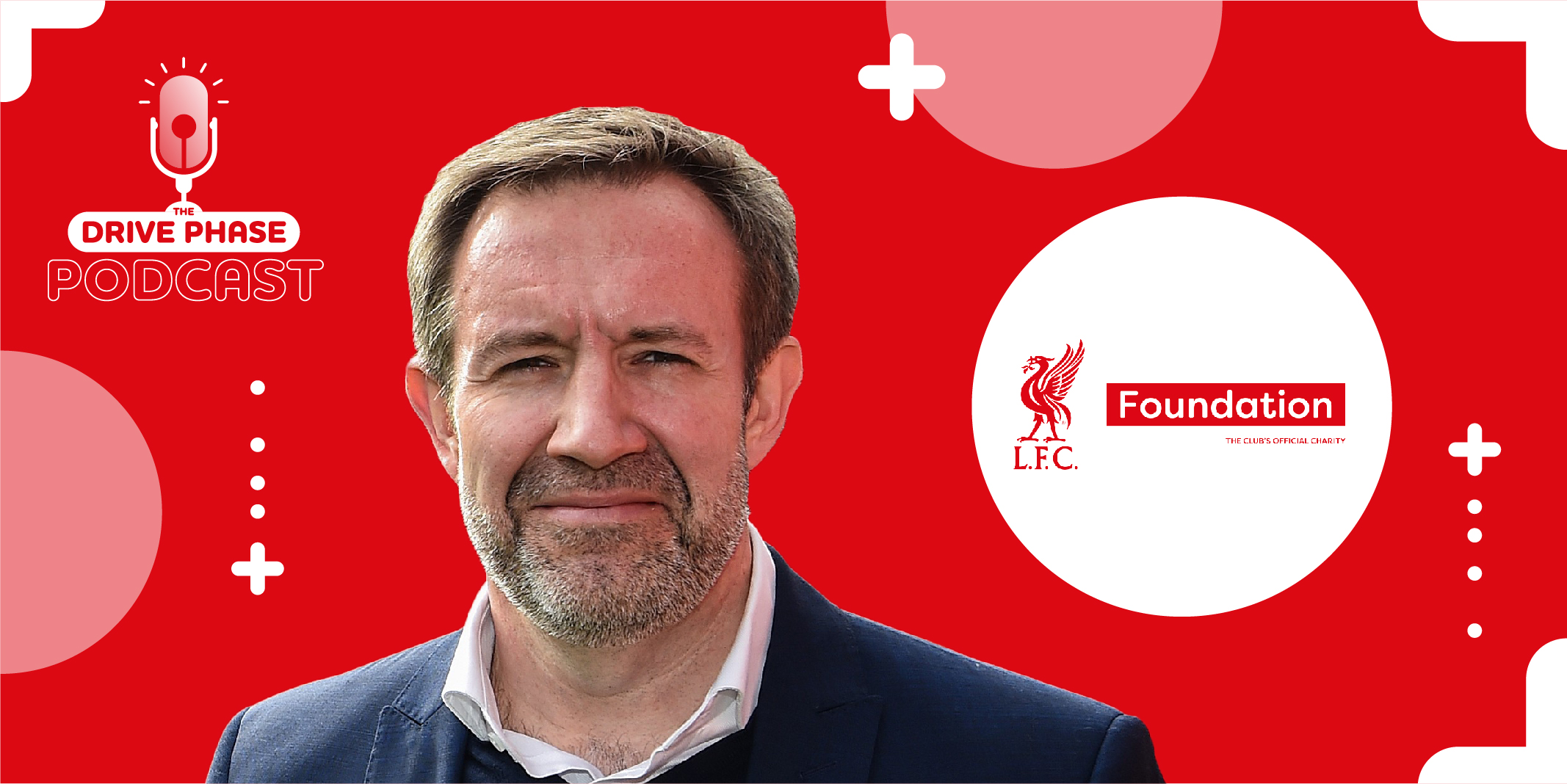
One of their key programmes is the Red Neighbours programme, which focuses on the areas around their training grounds. In Kirby, for example, around the grounds or stadium, they focus on local necessities, such as food, poverty, older populations, and social isolation.
Keeping your ear to the ground is essential if you want to address your community’s needs.
Empowering coaches and participants
Empowering local coaches and participants is another crucial strategy. Organizations like Coaches Across Continents use a bottom-up approach, where the success of their programmes is driven by self-directed learning methodologies.
By listening to the communities they serve and adapting their resources accordingly, they have managed to create a significant impact across 132 countries. This empowerment extends to both coaches and participants, fostering a sense of ownership and responsibility within the community.
Keeping your clubs’ aims focussed
Leicester in the Community’s Allison Tripney has always been passionate about sport and education. Giving the foundation focus is a consistent concern if you want to support your community. For that focus, like LitC, you need an accessible strategy underpinned by your values. For them, their key themes were education, health and wellbeing and Community Development.
→ Allison Tripney – Engaging Leicester beyond football
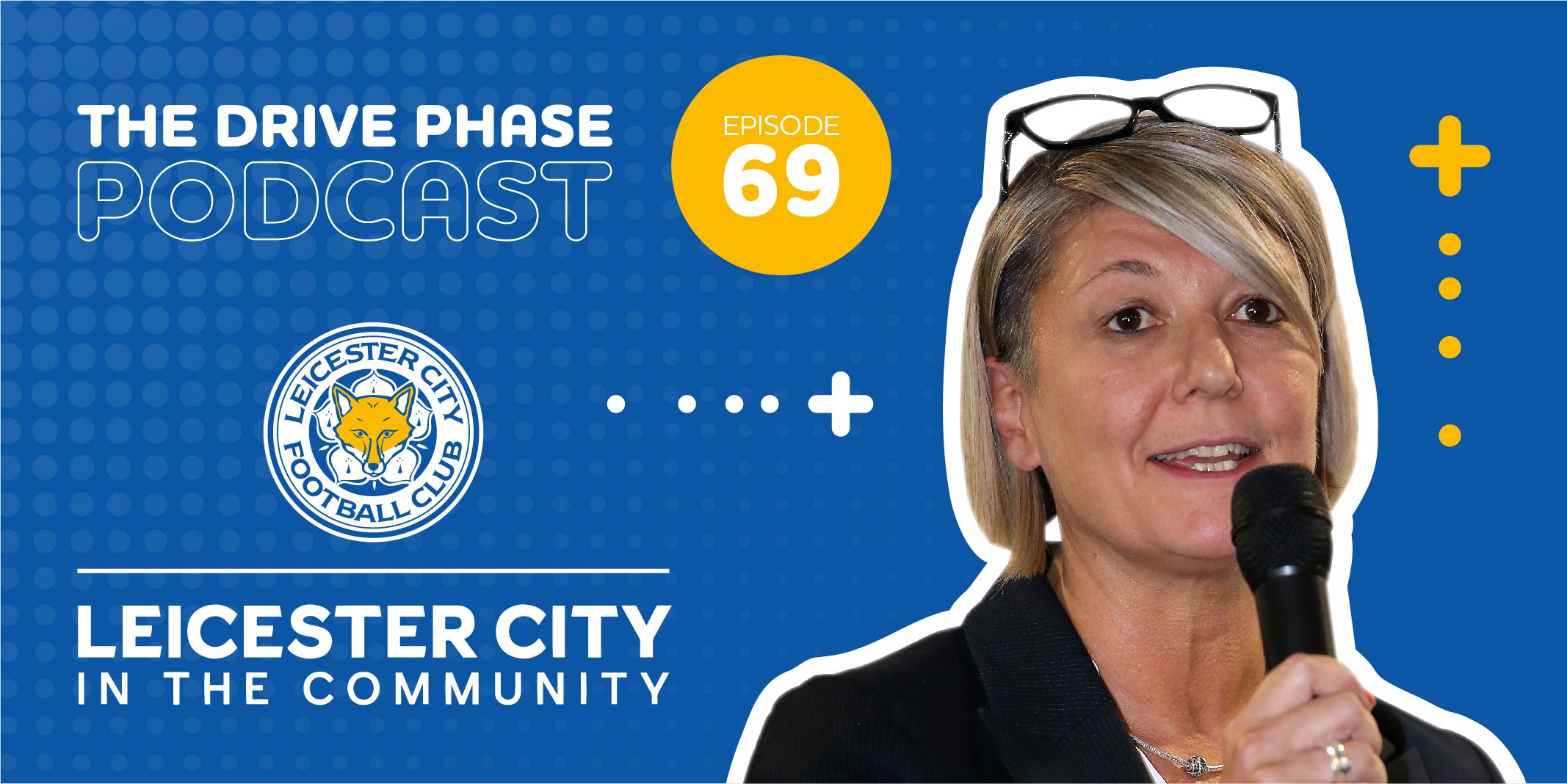
As Head of Community, she opted to capitalize on the existing interest in Skateboarding. Taking their inspiration from MamaSkate, a girl-only skate enterprise, and the success of Sky Brown at the Olympics, they created something different. For the young people who weren’t as passionate about football, they chose an activity that would not only encourage resilience but could engage a new generation of young people in their community.
Developing employability skills
Sports foundations can also enhance employability skills among young people. Programmes that combine sports with skill development, such as writing CVs and preparing for interviews, equip young participants with the tools they need to succeed in the job market.
This holistic approach ensures that the benefits of sports extend beyond physical health, contributing to the overall personal and professional growth of individuals.
Promoting inclusivity and cultural exchange
Inclusivity is a cornerstone of successful community sports programmes. Ensuring that everyone, regardless of their athletic ability or background, feels welcome can significantly enhance participation and engagement. Additionally, cross-cultural sports exchanges can enrich the community by introducing new sports and fostering mutual understanding and appreciation of diverse cultures.
Sharing best practices internationally
Hubert Rovers is the founder of the European Football Development Network (EFDN). Discovering the power of football at NAC Breda, a small club in The Netherlands, one of the first projects he developed was a street football tournament that would score young people points on the field as well as for off-the-field voluntary work.
→ Hubert Rovers – Driving social change in football
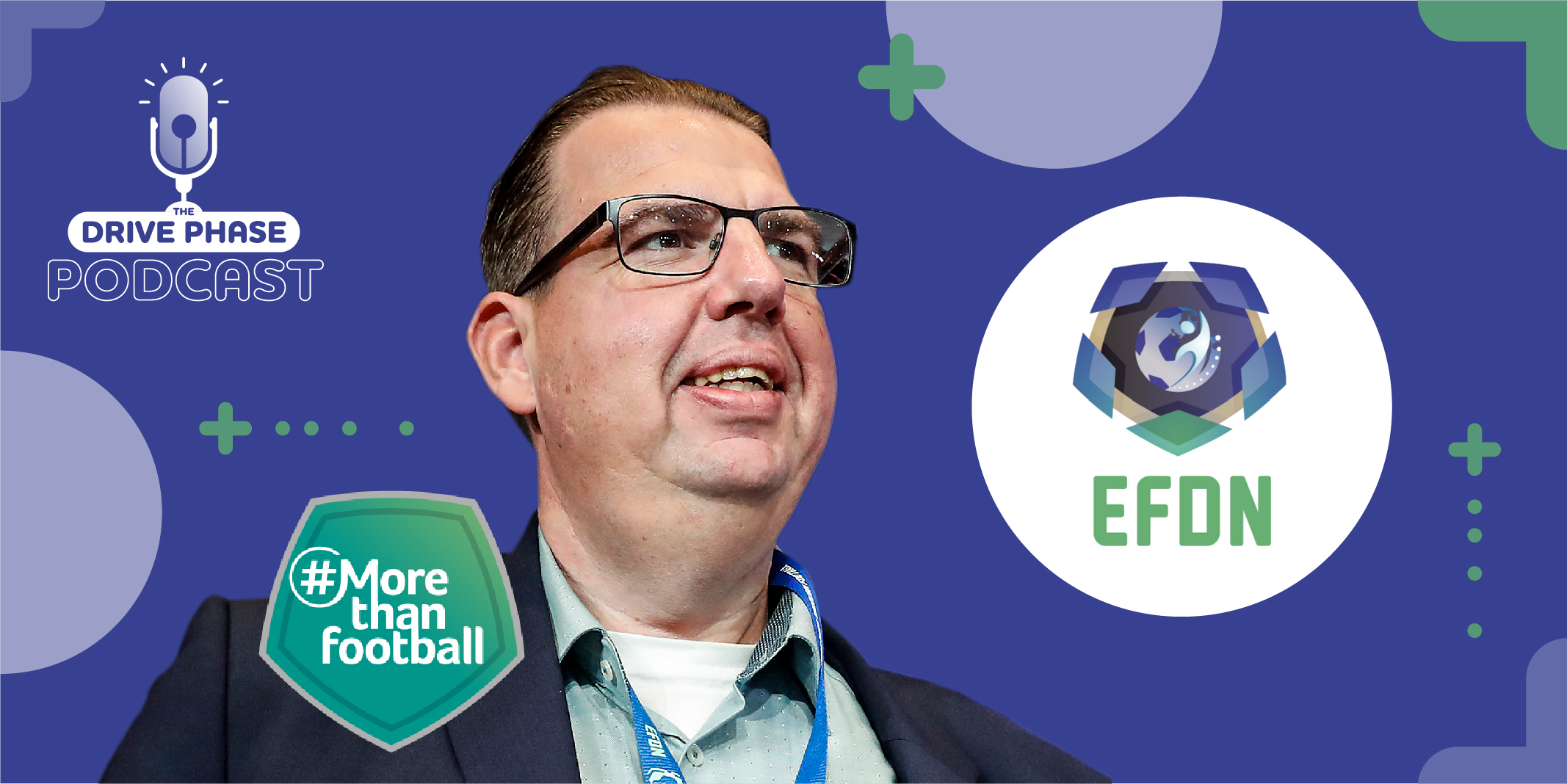
Now delivered in 18 clubs across the Netherlands, he decided that football could and should do more than just football with EFDN. He contacted established foundations such as West Ham, Chelsea and Manchester United to learn from their experiences. He found that regardless of sporting competition when it came to discovering the power of community engagement, they were happy to get involved.
Engaging volunteers and building partnerships
Volunteers are the backbone of many community sports initiatives. Expanding the volunteer network and providing them with adequate training and support can significantly enhance the quality and reach of the programmes. Recognizing and rewarding volunteers can also maintain high morale and commitment. Furthermore, partnerships with educational institutions and corporate entities can provide additional resources and support, ensuring the sustainability and growth of the programmes.
Addressing social issues
Sports foundations can also address broader social issues such as crime and social integration. For instance, the Alliance of Sport – Criminal Justice uses sports to influence behavior positively among young offenders, aiming to reduce their involvement in the criminal justice system by providing them with positive role models and opportunities. Such initiatives demonstrate the transformative power of sports in addressing and mitigating social challenges.
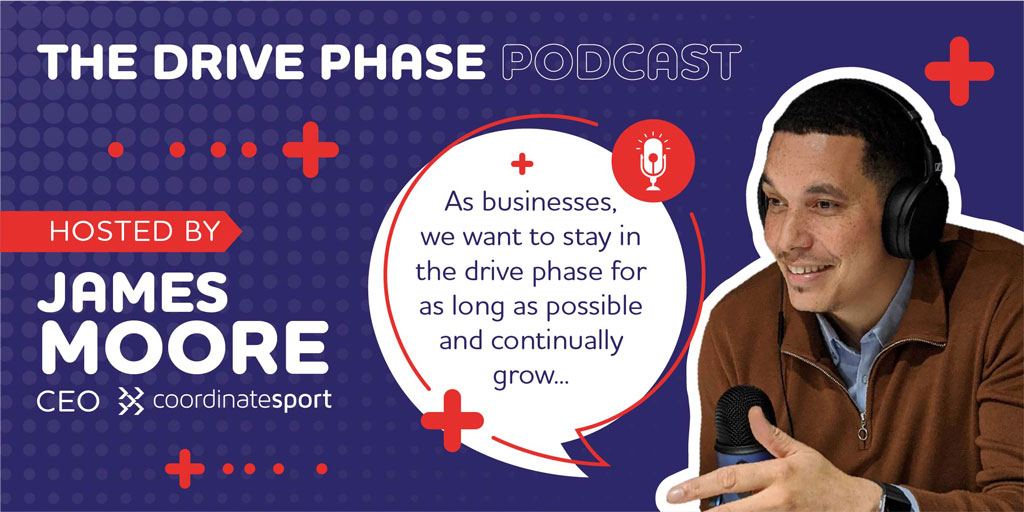
To hear more about how sports and football foundations are making a difference, check out The Drive Phase podcast! Host James Moore sits down with the movers and the shakers of the sector to find out just how transformative the industry really is. Listen and subscribe anywhere you get your podcasts.

